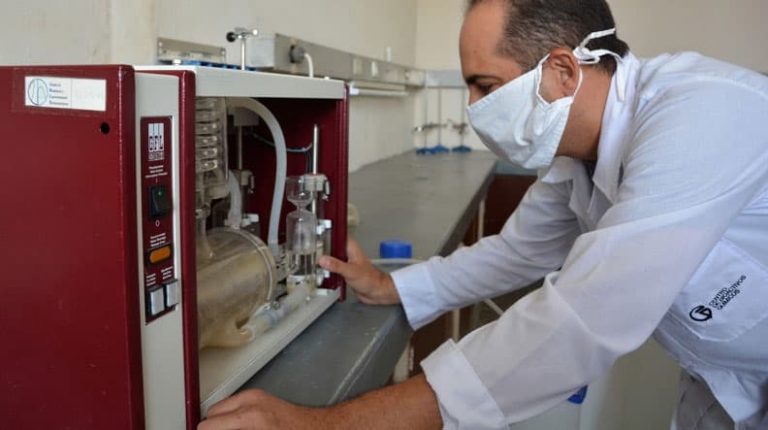In addition, there are two new dynamic buildings: the Innovation and Development Unit of the Arnaldo Milian Castro Hospital and the Villa Clara Scientific and Technological Complex.
Yoani Vera-Olmo, Deputy Delegate for Science, Technology and Innovation of the Province, acknowledged that clear progress has been achieved in the implementation of the government system based on science and innovation with the approval of 300 technical advisory councils in companies, budgetary entities and municipalities.

In addition, 584 projects are being promoted within the science, technology and innovation plan, of which 83% are linked to strategic economic sectors with support of 35 million pesos. Likewise, there are 205 local development projects contributing to progress through representation in the 13 municipalities of Villa Clara.
91% of the 141 results planned for 2023 have been implemented as part of the county development strategy, and the impact of their implementation on the economy and society is being assessed.
Dr. María del Carmen Velasco, CITMA delegate in Villa Clara, expressed that to talk about sovereignty and food security, we have to look for answers in science and innovation, applied to agriculture.
Among the critical problems facing the territory, the CITMA delegate identified environmental pollution, the continuing decline in the rate of reforestation and soil degradation, especially in coastal areas, with a tendency to increase salinization.

As part of the innovation in paying attention to demographic dynamics, 66 mothers with three or more children benefited, with the construction of 32 government houses completed. 579 innovations have been introduced and applied by ANIR, with an economic impact of more than 83 million thanks to the saving of all kinds of resources, the substitution of imports, and the manufacture and recovery of spare parts.
Likewise, the collaborative computer platform for real-time census of the state of the county's institutional archive and document management system was established and the number of digital documents increased by more than 20% compared to 2022.
Dr. María del Carmen Velasco also explained that among the main challenges faced by the sector is to promote a greater understanding of the substantive role of innovation in the development process of entities, territories and ecosystems, and to show indicators that the performance is also committed to the composition of the workforce and technological discipline.





